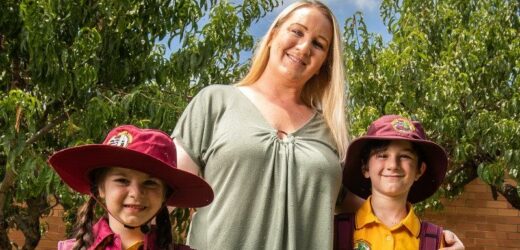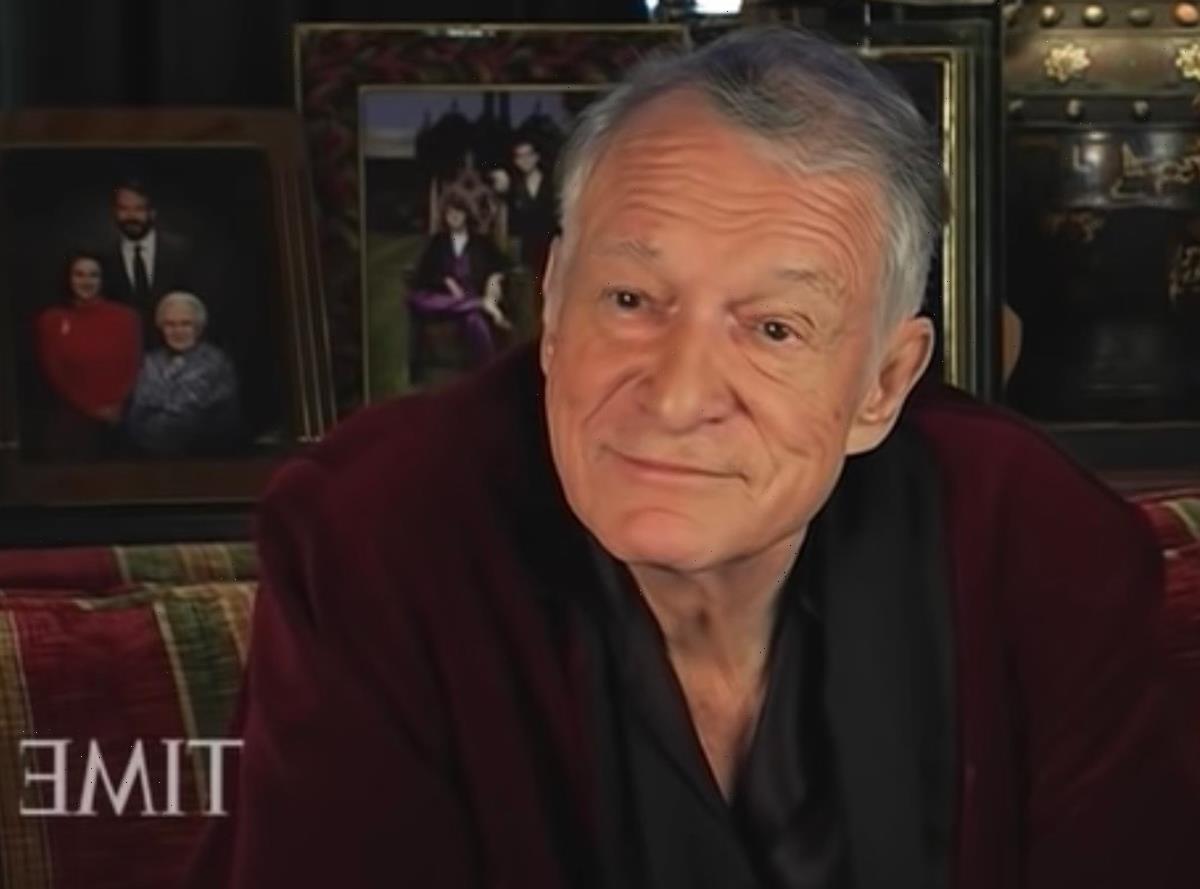For our free coronavirus pandemic coverage, learn more here.
Trapped at home in isolation for the final week of her summer break, incoming year 12 student Gitaanjali Nair is doing her best to put a positive spin on a bad situation.
“For me, it’s a good thing because I have to finish reading these English texts,” she says.
Melbourne student Gitaanjali Nair is using her time in isolation to get ahead on reading her year 12 texts.
Gitaanjali is about to start her final year of school at Penleigh and Essendon Grammar and cannot wait to be back in the classroom this week.
She believes it’s a sentiment shared by nearly all of her peers, who are desperate to mix with friends and even teachers in real life, despite the continuing high case numbers of the Omicron variant.
“You might find one per cent of students who don’t want to be face-to-face because school is so much more than just learning the content,” she says.
Gitaanjali is also a member of the executive advisory committee of the Victorian Student Representative Council, a student-run advocacy group that has declared a mental health crisis among students.
She said her schoolmates were more than happy to comply with COVID-19 health measures such as mask wearing and regular testing if it would help stave off another return to remote learning, though two years of lockdowns and remote learning have taught students not to get their hopes up about what 2022 might bring.
“We all have this sort of worry that events and extracurricular activities that we really love could disappear at any time,” she said. “We are hearing that from a lot of students.”
The VCE students of 2020 and 2021 all had their results modified in a process of individual consideration of educational disadvantage due to COVID-19.
Gitaanjali said there is a case for potentially applying it this year too, even if students do not have to learn remotely.
Victorian Student Representative Council executive Evonne Lu says the commitment to face-to-face learning will benefit students’ mental health. Credit:Scott McNaughton
Year 12 student Evonne Lu, who is also on the council’s executive advisory committee, said she was excited for what this year could bring.
Evonne, who attends Mac.Robertson Girls’ High School, a state government select entry school, said she had confidence in the health and safety measures that schools are adopting, including twice-weekly rapid antigen tests, air purification, vaccination and masks.
“It’s really good that our health is being prioritised because I think that good learning can only happen when students are supported in their mental and physical health,” she said.
As primary students get ready for a new school year, they’ll also be venturing into uncharted territory with COVID-19.
Students who are aged between five and 11 will be returning to school having had one COVID-19 jab at the most and will be asked to take rapid antigen tests twice a week on school days for the first four weeks of term to ensure they are negative.
Five-year-old Scarlett said she is excited about beginning prep at Mernda Primary School this year.
So too is her mother, Tara Richards.
“They’ve spent way too long at home, they need stimulation,” she said.
Tara Richards, with her children Sam, 7 and Scarlett, 5, says her kids need the stimulation of school.Credit:Scott McNaughton
Scarlett has already received her prep bag, a library bag stuffed with five free children’s books to encourage a love of reading. The bags will be given to about 65,000 prep students starting at a government school this year and have also been produced in Braille with tactile illustration for students with low vision.
Her brother, Sam, 7, is less sold on the joys of returning to school.
“It’s boring going to school, and I can’t play Fortnite,” he said.
Returning to school is a less gloomy prospect for year 2 student Ben, who was recently vaccinated.
Year 2 student Ben at St Brendan’s Primary School in Shepparton said he is looking forward to seeing his friends
“I was definitely nervous to get my vaccine,” he said. “When I got the needle, I felt like there had been a war in my body.”
The seven-year-old said his mother, Ella Cannon had kept him away from his school, St Brendan’s Primary in Shepparton because she was worried about him catching the virus. He said homeschooling was “OK” but he missed his friends.
“We will catch it, but it’s not that bad. I think it will be fine.”
While children The Age spoke to were mostly eager to be back in the classroom, a national survey of parents by the Australian Council of State School Organisations taken in mid-January found a high level of hesitancy about putting children back in classrooms, due to high case numbers and the short period of time for children aged five -11 years to have their first vaccination.
The survey included responses from over 5700 people and included families from every state and territory and every sector.
Almost half of the respondents (44 per cent) thought their school year should be delayed, 38 per cent said they’d withhold their children from attending. Major concerns were ventilation, vaccination and verification.
Seven-year-old Ben, who goes to Caulfield Junior College found homeschooling “annoying and boring”. The year 2 student said he liked being at school because he got to learn and see his friends.
He said he is worried about catching COVID-19, but remains positive, and “thinks it will be fine”.
Ben, 7, who goes to Caulfield Junior College, is slightly worried about catching COVID-19.
The Morning Edition newsletter is our guide to the day’s most important and interesting stories, analysis and insights. Sign up here.
Most Viewed in National
From our partners
Source: Read Full Article







